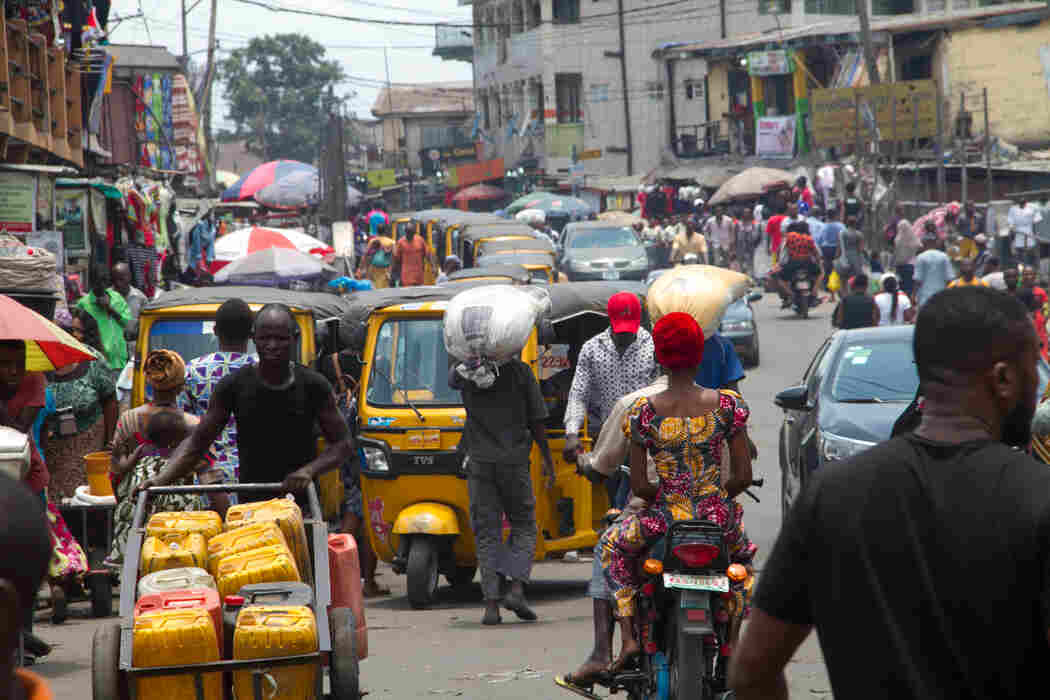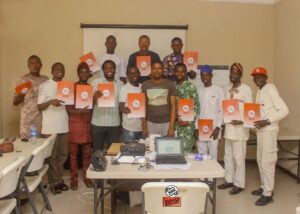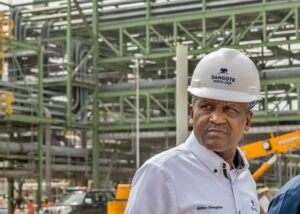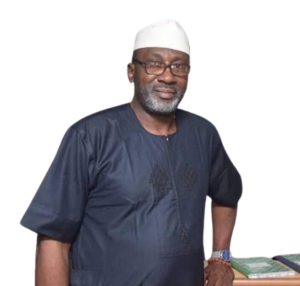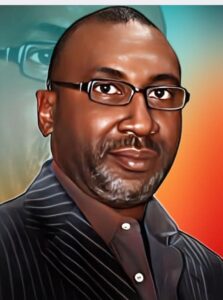The Tripod to Solve the root cause of Poverty in Nigeria – Folashade Coker.
I’m also on the side that believes an increase in minimum wage won’t solve the problem, as there is a huge gap between minimum wage and living wage. I am an advocate of the government solving the tripod issue of Road network, power, and security as together they translate to the cost of food reducing for the worst hit at the base of the pyramid. Farmers and transporters would be able to farm without fear and transport goods within the least timeframe. Moreover, people who buy have light to store food in their fridges, ensuring less traffic on the repaired roads, safety, and better engagement or employment for individuals. Additionally, investors won’t need to be lobbied at great cost as they will see the safety for their investment and huge growth potential, needed manpower to create a robust GVC. Nothing good is created or achieved without light to see it or create it. These three elements are the critical legs on which everything sits in my opinion.
The issue of minimum wage has been a contentious one for many years, and it’s a topic that often ignites heated debate. While an increase in minimum wage may seem like a viable solution to addressing the problem of poverty and income inequality, the reality is that it is not a panacea. In fact, there is a significant gap between the minimum wage and the living wage, which means that even with an increase in minimum wage, many individuals and families would still struggle to make ends meet. As such, the focus should be on addressing the underlying issues that contribute to poverty and income inequality, and that is where the tripod issue of road network, power, and security comes into play.
The state of road networks in many parts of the country is deplorable, and this has a significant impact on the cost of goods and services. Poor road infrastructure leads to increased transportation costs, which are ultimately passed on to consumers in the form of higher prices for goods. Additionally, it also leads to delays in the transportation of goods, which further exacerbates the problem of food insecurity and lack of access to affordable goods. Therefore, a focus on improving road networks is essential in reducing the cost of living for those at the bottom of the economic pyramid.
Similarly, the issue of power is a critical one. Many individuals and families do not have access to reliable electricity, which not only impacts their ability to store food and essential goods but also hinders economic productivity. Businesses often face challenges in operating without a consistent power supply, leading to increased costs and reduced profitability. By addressing the issue of power, the government can contribute to reducing the cost of living for the most vulnerable in society and create an environment for economic growth and development.
Finally, the issue of security cannot be overstated. Without a safe and secure environment, individuals and businesses face constant threats to their well-being and livelihoods. Farmers are unable to work without fear of theft or violence, while businesses struggle to operate in areas plagued by insecurity. Therefore, addressing the issue of security is essential in creating an environment where individuals and businesses can thrive, and where the cost of living can be reduced through increased economic activity and productivity.
In conclusion, while an increase in minimum wage may seem like a solution to addressing poverty and income inequality, the reality is that it is not enough. The focus should be on addressing the underlying issues that contribute to these challenges, and that is where the tripod issue of road network, power, and security comes into play. By addressing these critical elements, the government can create an environment where the cost of living is reduced for the most vulnerable in society and where economic growth and development can thrive.

